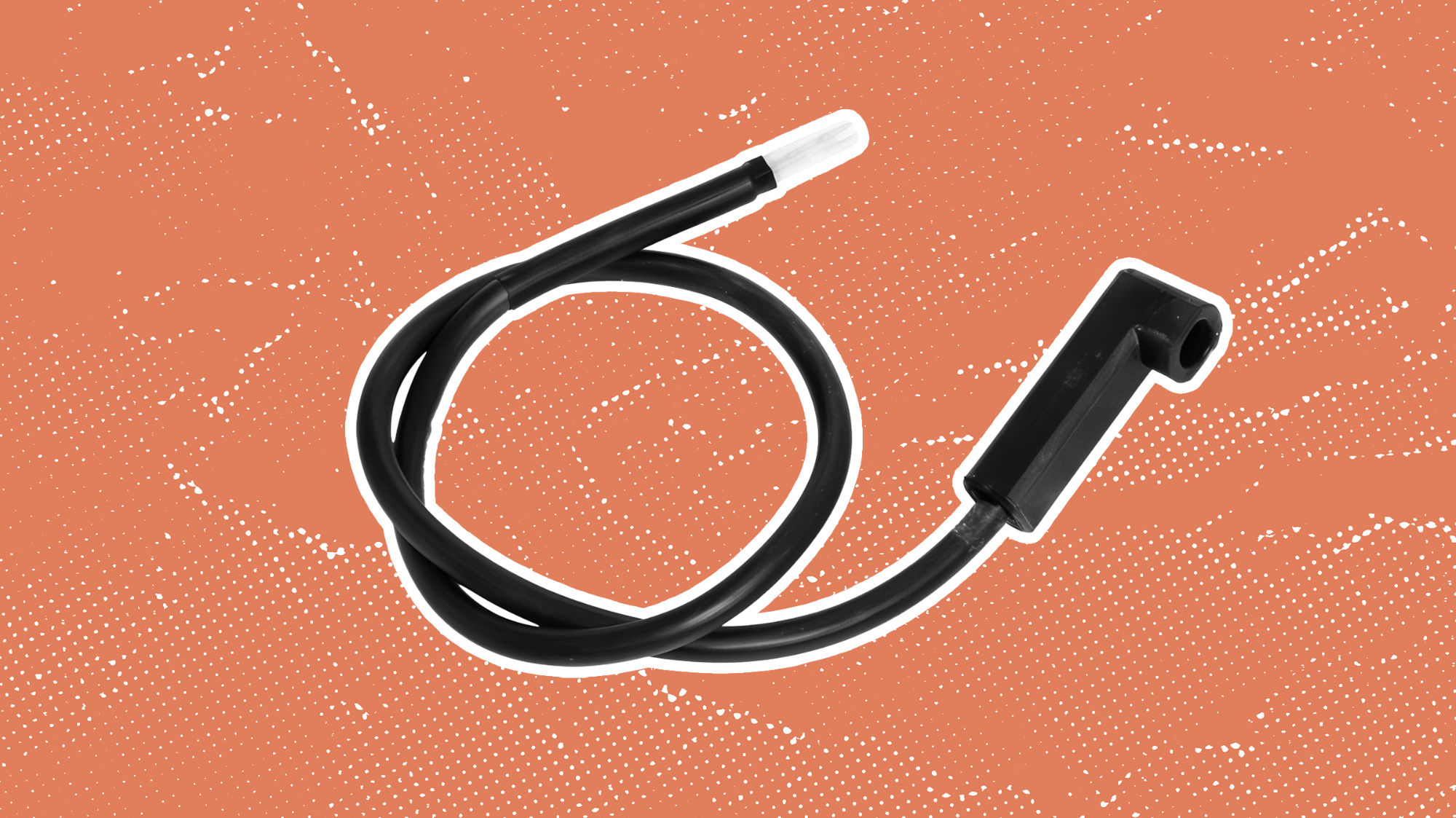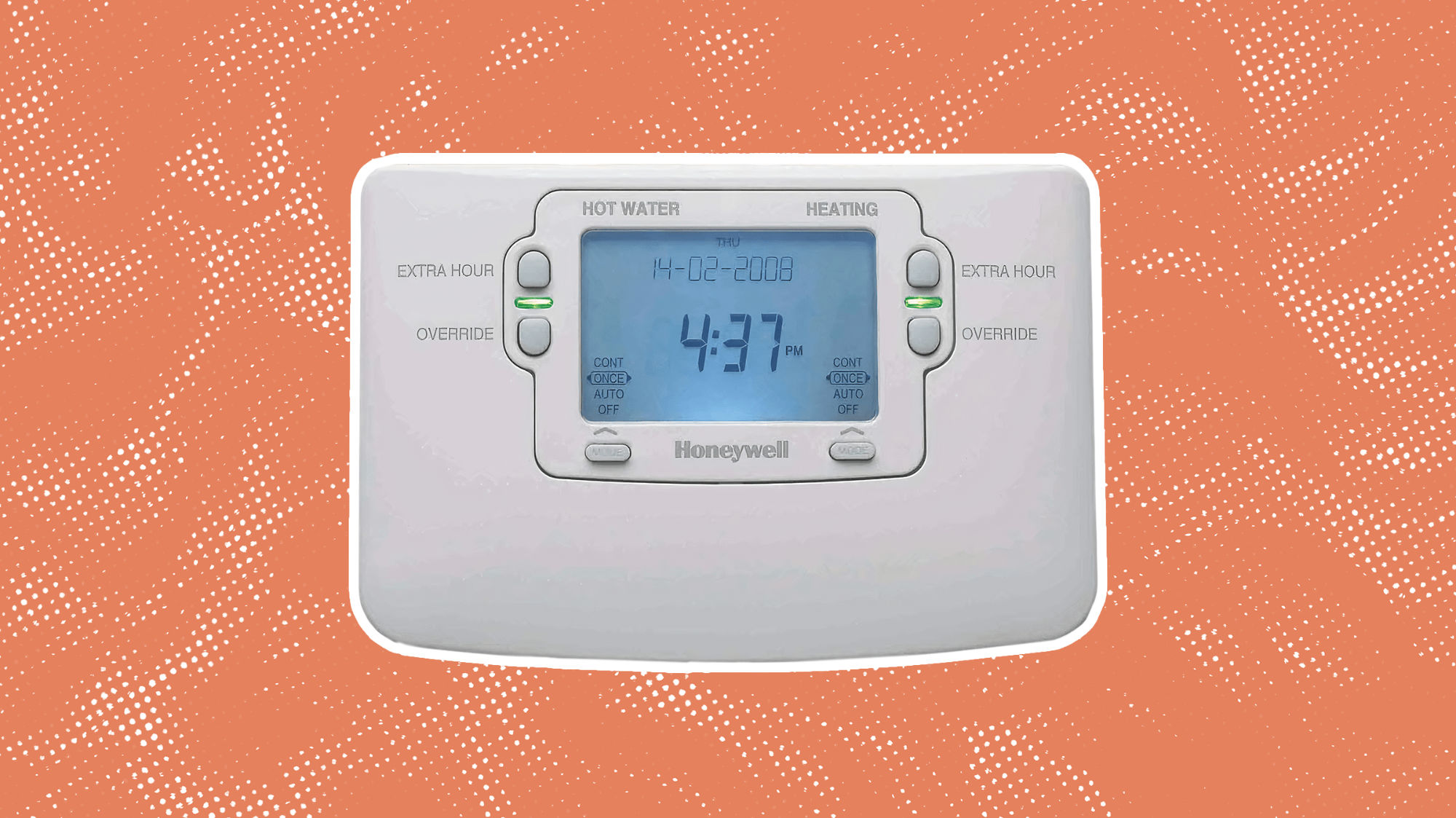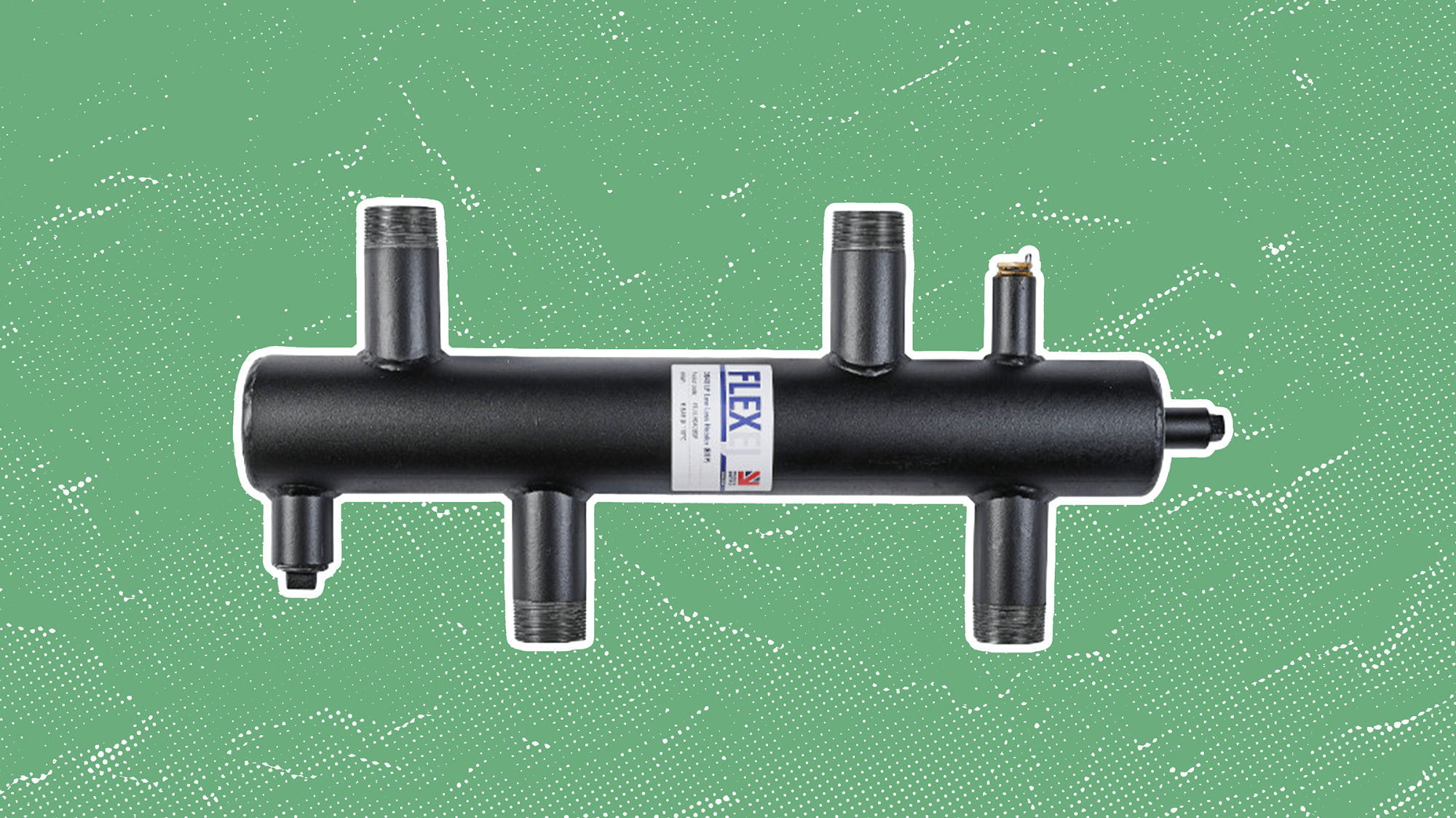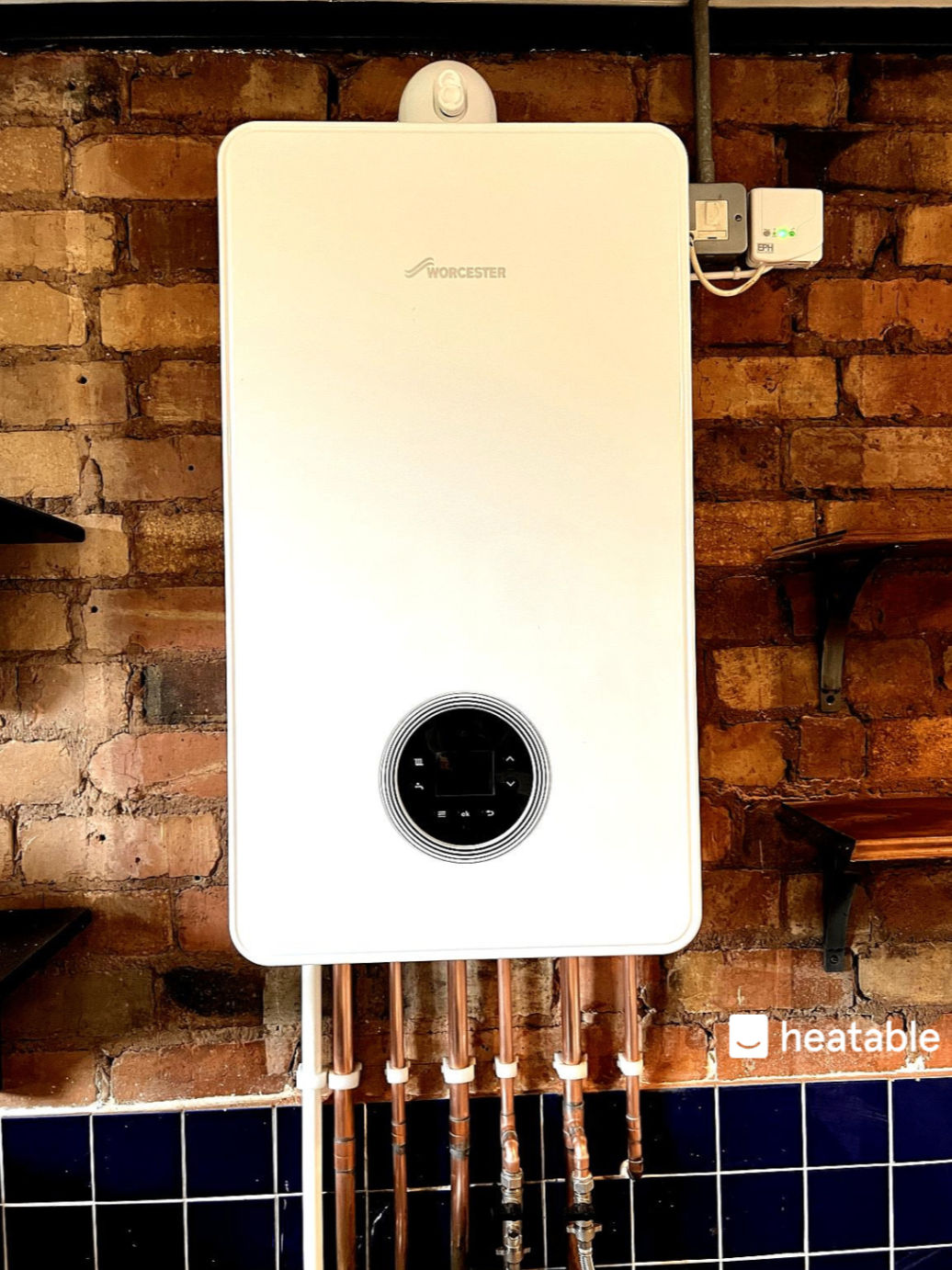A Worcester with no hot water is no Worcester at all, as they say. Find out what's up with it.
When the mercury starts to dip and the winter cold rolls in, there’s nothing worse than having your boiler stop working.
Although most modern boilers are pretty reliable, especially those from Worcester Bosch, they can still stop working on occasion. So you’re going to want to know how to troubleshoot any issues and if possible, fix them yourself before needing to get a professional in.
This is what this guide is all about – giving you the knowledge to quickly identify what’s gone wrong with your boiler. Specifically, Worcester Bosch boilers, because we’d bet our house on you owning one if you’ve clicked on this particular guide!
Key Points:
A common reason for boilers not providing hot water is low water pressure.
Other reasons include frozen condensate pipes, thermostat issues, a broken pilot light (the small flame that ignites the boiler), or a fault with other components in the boiler.
You should call a professional when DIY fixes don’t work. Never attempt to fix key parts of a boiler yourself, unless you’re a qualified boiler engineer.
Make sure you keep any important warranty documents to hand, in case you need to replace your boiler or the repairs exceed a certain amount.
If your boiler is beyond the point of repair, you have an old boiler, or you just fancy a change of boiler scenery, we can give you a quote for a new boiler in minutes. You could get a new boiler installed as early as tomorrow by one of our expert installers.
A quick introduction to Worcester Bosch boilers
Worcester Bosch is comfortably one of the most trusted and reliable boiler bands in the UK — there’s a reason it tops several of our best of lists, including the best combi boilers.
This reputation is further emphasised by Worcester Bosch’s 14 consecutive Which? Best Buy Awards, a frankly ridiculous feat that no other boiler manufacturer has been able to achieve.
It makes sense to us though, because Worcester Bosch keeps putting out incredible boiler after incredible boiler. Check out our review for the Greenstar 4000 to get an idea of just why Worcester Bosch boilers are so damn good.
What makes a Worcester Bosch boiler?
Other than the essential soul and indomitable spirit of Worcester Bosch, a boiler from this outstanding company is made from several key components that are required to work seamlessly together to heat your water and keep your home warm.
Here’s a breakdown:
Heat Exchanger: This is the part of the boiler that transfers the heat generated by the fuel source (be it gas, oil, or electricity) to warm up the water that’ll go to your shower or radiators.
Condensate Pipe: Your boiler creates condensation when it’s running, and so the condensate pipe takes this excess water to the drain. It can cause issues in particularly cold weather if it freezes, which can stop your boiler working properly.
Diverter Valve: The diverter valve is sort of like the conductor to your boiler’s choir — it directs hot water to where it’s needed, whether that’s your heating system or taps.
Pilot Light: Your boiler’s gotta ignite somehow, and that’s exactly what the pilot light does. Keep in mind that this is typically for boilers made before 2004, as modern condensing boilers use electric ignition systems instead.
Display Screen: Most modern Worcester Bosch boilers will have a screen displaying all the information you’ll need to know — including when there’s a problem (typically displayed using an error code).
No hot water from a Worcester Bosch boiler
When your shiny (or not so shiny, if it’s old) Worcester Bosch boiler stops providing hot water, you’ll want to know why. It’s often because of one or more issues that most of the time, you can easily identify and get an idea of what needs to be done to fix.
Before we go into the reasons for no hot water, let’s quickly go over the signs to look out for:
What to look for
Your showers or taps don’t produce hot water.
The water coming out of your showers and taps is very low in pressure.
The display screen on your boiler is showing error codes. Popular codes include E119 for low pressure, E110 for overheating, and for Worcester Bosch boilers, EA227 indicates a need to reset the boiler.
Clangs and bangs coming from within the boiler are sometimes called kettling noises (because it sounds like you’re brewing a cuppa).
Reasons for no hot water
There are all sorts of reasons your Worcester Bosch boiler might not provide any hot water. Let’s go into some of the main reasons for no hot water below:
Water pressure is too low
Over time, many boilers naturally lose water pressure and generally, this isn’t something to worry about. If the pressure gauge on your boiler’s display screen shows it’s low, you can quickly and easily re-pressurise the system with a simple turn of a tap.
Almost every boiler will have this tap within easy reach directly below the boiler itself and it’s usually very obvious what this tap is.
If you’re still not sure, we’ve created a quick video tutorial on fixing low boiler pressure below:
The ignition isn’t working
Sometimes the ignition will stop working and your boiler won’t be able to ignite the fuel it needs to heat your water. In older models, this ignition system is called the pilot light, which is basically a tiny internal flame that your boiler uses to burn gas or oil.
You can normally visually check if a pilot light has gone out on an old boiler by peering through the casing. If it has gone out (usually because of a sudden gust of wind), you’ll need to reset your boiler.
For a modern boiler, the ignition will be electric. If this isn’t working, you might want to check if you’ve got a tripped fuse, or whether your home has a power cut. It might sound obvious, but you’d be surprised at the number of times an engineer has discovered the boiler itself isn’t broken, and that it’s a separate electrical issue.

Issue with the thermostat
A broken or faulty thermostat basically means your boiler is being given the wrong picture for what the temperature actually is. Your home could be as cold as Santa’s grotto, but your thermostat could be insisting your living room is hotter than Barbados. This means your boiler won’t be in any rush to provide hot water to your radiators.

The condensate pipes are frozen
If your boiler stops working in the icy chill of winter, it’s a solid bet a frozen condensate pipe is to blame. Condensate pipes slowly funnel the water your boiler discharges, meaning there’s ample time in colder weather for the water droplets to freeze.

You can tell a condensate pipe is frozen by keeping an eye out for several telltale signs:
Your boiler is making a gurgling noise
You can actually see frozen water coming out of the pipe (some condensate pipes feed directly into larger drainage pipes, so you won’t be able to tell).
How to troubleshoot and fix Worcester Bosch boiler
Many Worcester Bosch boilers can be easily troubleshooted and fixed yourself, thankfully. Still, knowing when to DIY it and when to hire a professional is important. We’ve covered the fixes you can do yourself below, and when you should bite the bullet and call in an engineer.
DIY Fixes for No Hot Water
We all love a DIY fix — after all, who doesn’t want to save money AND feel like a hero when the hot water starts flowing again? Before you do any DIY though, you absolutely must check to see if it’s safe. You don’t want to tinker too much with a machine funnelling highly explosive gas through itself.
Things like low water pressure, frozen pipes, and airlocks are all things you can DIY however:
You can gently pour warm water over a frozen condensate pipe to thaw the frozen water within. Don’t use boiling water!
Low water pressure simply requires finding the filling loop (usually directly under the boiler, and turning one (or sometimes two) taps fully, until you can turn no more.
Airlocks can be fixed by ‘bleeding’ your radiators, which we’ve covered in our helpful guide on how to bleed a radiator.
Keep an eye out for boiler error codes too, as there’s a whole host of them and it can feel like translating ancient Sumerian at first. We’ve got a complete guide on Worcester Bosch boiler error codes to give you the tools to decipher your boiler’s mysteries.
When to bring in a professional
When there are more serious signs in a boiler that’s not providing hot water, it’s time to swallow your pride and get a boiler engineer to take a look. Signs that you shouldn’t attempt a DIY fix include:
Evidence of a leak: If your boiler is losing pressure, this could be down to leaking water, which is serious and is definitely a sign to hire a professional. A boiler leaking water can cause substantial damage and we recommend getting it fixed as soon as possible.
Limescale build-up: Living in areas with hard water can lead to limescale building up in your boiler, which can eventually clog the system up. The most common way to clean the limescale out of your boiler is to have a power flush carried out by a heating engineer. Unfortunately, this isn’t something you can typically do yourself!
Related heating guides:
Why regularly servicing a boiler is important
Getting your boiler regularly serviced is super essential, as much of a pain as it can be. Plus, you do kinda have to do it once a year to keep your boiler warranty valid — you don’t want an invalid warranty when your boiler breaks, trust us on that.
Keeping your boiler serviced is really a way of saying “thanks for keeping me warm, here’s a checkup on me.”
It’s a way to make sure your boiler continues to work efficiently (saving you money), and effectively (keeping your warm when you need it). Servicing your boiler doesn't cost an arm and a leg either. In fact, we do boiler servicing for £99!
For a more detailed look at what you might spend, check out our article on boiler service costs.
You can also read more about warranties specific to Worcester Bosch here.
Boiler still on the blink?
If, after all this, your boiler is still mocking you with cold showers and icy radiators, it might be time to get a new boiler. Thankfully, we’re just the people for this.
Not only can you get a new boiler with us, but you could also opt for affordable monthly payments — if you don’t want to pay everything all at once.

The image above shows a Worcester Bosch 4000 installed by the Gas Safe engineers here at Heatable. Get your free quote from us here.
But why else should you pick Heatable for your new boiler? How about:
If you’re aiming to get the best deal on a new boiler, consider getting a quote from us, here’s why:
Gas Safe installation within 24 hours.
Thousands of satisfied customers with an average score of 4.9 on Trustpilot, surpassing the market leader.
Which? Trusted Trader: Heatable is proudly recognised as a Which? Trusted Trader.
Price match guarantee: We will match any like-for-like cheaper quote.
Flexible payment options, including interest-free finance.
Up to 12-year guarantee on selected boilers.
Fixed price guarantee: No hidden costs.
Save your quote and decide later.
Get an instant fixed price on a new boiler, here.
To learn more about boilers, visit our advice section, check out our YouTube channel, or read customer testimonials here.
Heat Happy.






